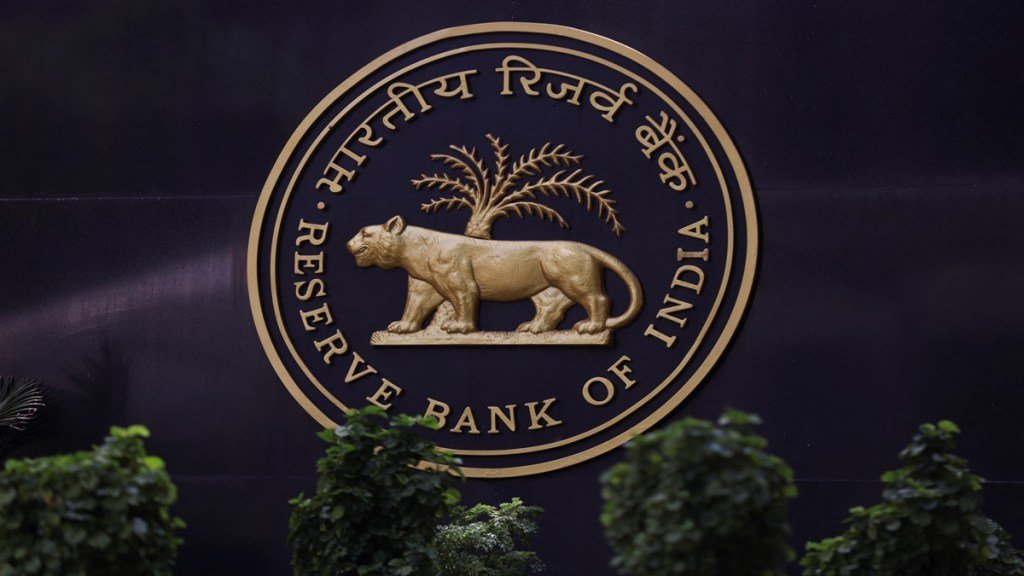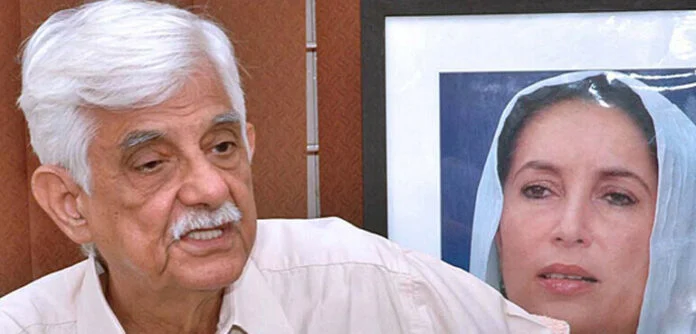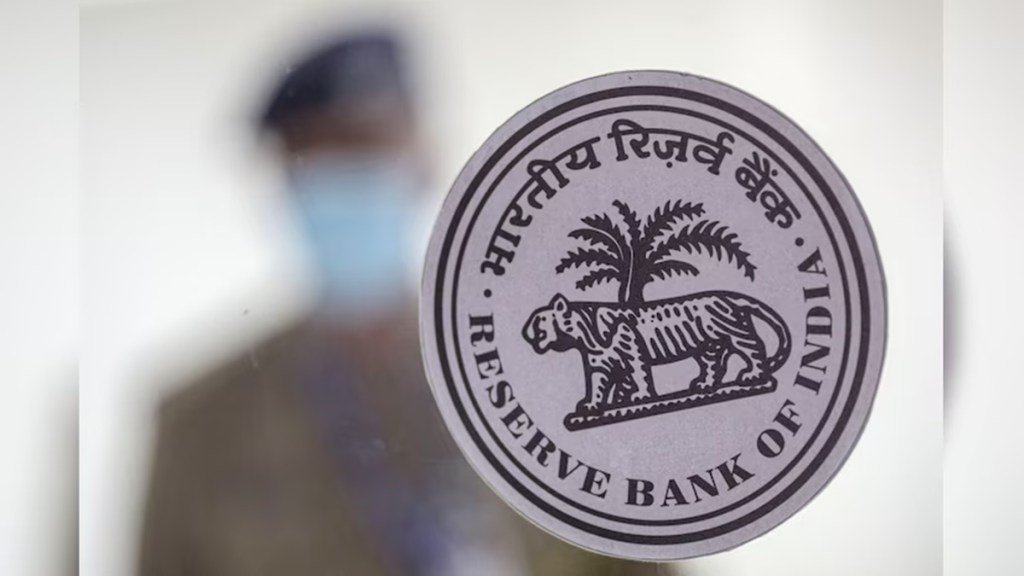
In a significant shift from previous practices, the Trump administration has begun revoking foreign student visas without giving prior notice or explanation, forcing students to leave the country immediately. Universities across the United States have reported a sharp increase in sudden SEVIS terminations, the federal system that tracks international student status. As a result, many students have found themselves in a state of legal uncertainty, and institutions are left grappling with the fallout. College administrators have noted that these actions are being carried out without any formal communication from federal authorities. In many cases, universities only learn about the revocations when students receive alarming emails notifying them that their SEVIS records have been canceled.
Rajiv Khanna, managing attorney at Immigration.com, described the situation, stating that students are receiving emails from their universities informing them that their SEVIS records have been revoked, often with no explanation. He added that even the universities are caught off guard, as no one seems to know the reasons behind these actions.
Reports indicate that several international students at Minnesota State University, Mankato had their visas revoked under unclear circumstances. The university became aware of the issue while reviewing records after a Turkish student from the University of Minnesota was detained. The US State Department later linked this particular case to a drunk driving conviction.
The scope of these revocations appears to be expanding, with students from several major universities, including Arizona State, Cornell, North Carolina State, the University of Oregon, the University of Texas, and the University of Colorado, also having their legal status revoked. In some cases, students were detained before their universities received any official notifications about the revocations.
Khanna pointed out that the reasons for the visa revocations vary. Some students have been told their status was terminated due to minor legal issues, such as traffic violations, which are typically not grounds for deportation. In other cases, there has been no finding of guilt, yet students are still affected. For example, at the University of Texas at Austin, two international graduates—one from India and the other from Lebanon—had their status revoked after criminal record checks, despite being employed under Optional Practical Training (OPT) at the time.
In some instances, visa cancellations have been carried out under a provision that allows for revocation if an individual’s presence is deemed to have “serious adverse foreign policy consequences.” This clause has been invoked in response to campus protests, but Khanna argues that such justifications are often misapplied. “The issue is not that SEVIS records are being canceled, but that they are being canceled without any explanation or process. There is no opportunity for students to respond to the allegations,” he said.
Javier Reyes, Chancellor of UMass Amherst, expressed concern about the situation in a letter to the campus community, stating that the sudden cancellation of SEVIS records without warning or due process is troubling and goes against the values of fairness and transparency. He emphasized that international students deserve to be treated with respect, have the chance to respond to any allegations, and be given clarity on their status.
He added that these actions create fear and uncertainty within the international student community and harm the reputation of the US as a welcoming destination for global scholars.
Previously, students whose visas were revoked could continue their studies as long as they remained in the US. However, this practice now seems to have ended. “Now, SEVIS records are simply being canceled without any notice or process,” Khanna explained. “Students are left with two choices: leave immediately or face deportation, or they need to hire a lawyer to seek a restraining order to prevent deportation.”
In the absence of clear communication from federal agencies, universities are now reviewing their policies and looking for legal avenues to protect affected students. Meanwhile, international students are left navigating a confusing and uncertain situation, facing legal hurdles or preparing for forced departures.


















